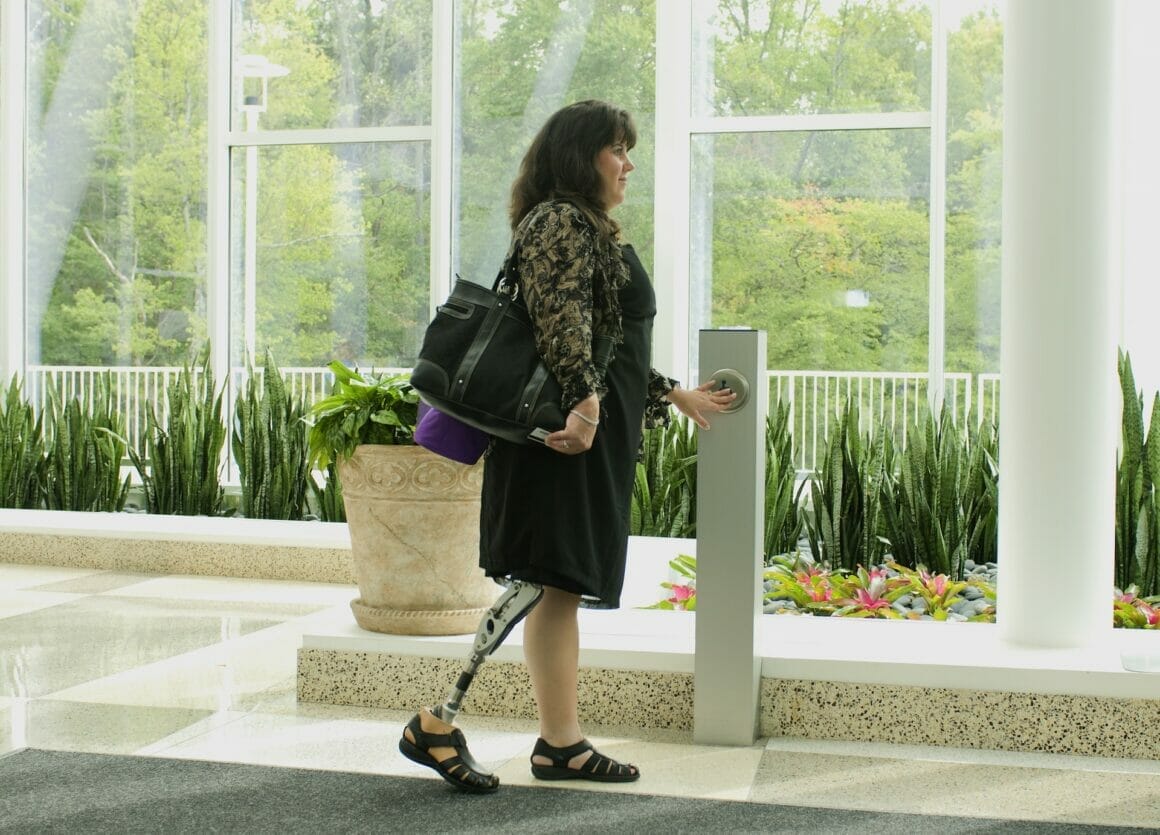For research on developing inclusive remote and hybrid working to empower disabled workers, Lancaster University has been granted $320,000.
Dr. Paula Holland from the Faculty of Health and Medicine is in charge of the two-year project, which is being funded by The Nuffield Foundation. Mel Wilkes from the Work Foundation, Dr. Alison Collins from Manchester Metropolitan University (previously Lancaster University), and Universal Inclusion are also involved.
The grant expands on past research on the subject supported by the City Bridge Trust, which revealed that accessibility to remote work was crucial for the productivity, well-being, and health of disabled workers. 70% of disabled employees claimed that their physical or mental health would suffer if their employer did not permit them to work remotely.
85% of the disabled workers surveyed thought working from home increased productivity. Nearly one in five survey participants who asked for more assistance or other changes while working remotely had their requests denied.
The study will go deeper into the hybrid and remote working experiences of impaired individuals and examine whether or not businesses’ hybrid working policies take into account their demands. Working with a group of disabled persons and organizations that advocate for disabled people will be required for this.
Recently, Dr. Holland and the colleagues gave seminars to the Cabinet Office’s Disability Unit and the government’s Joint Work and Health Unit on the significance of these early findings for policy and practice.
Subscribe to ThinkRemote for the latest news, tips and stories from the remote work world.






